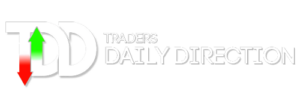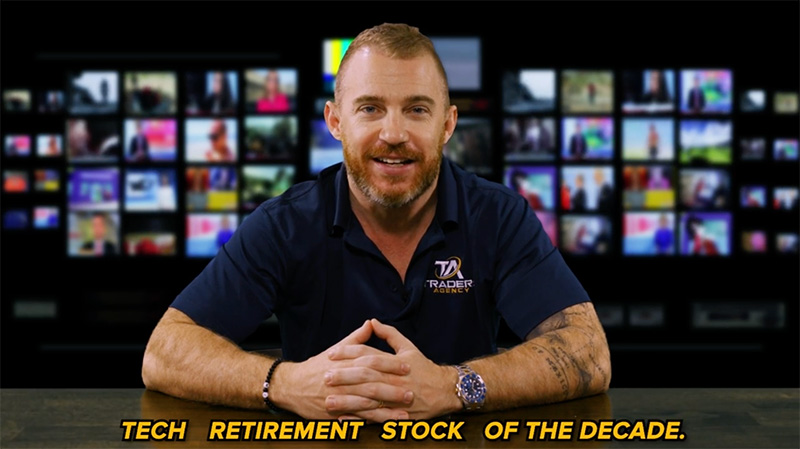The Stoic Trader
Hey friend, Positive earnings are helping lift the market somewhat. But let’s see how the markets react after the PCE data
Trader – Don’t Get Sucked Into This
Hey friend, Markets rebounded again yesterday. But with the PCE data – the Fed’s preferred inflation gauge – coming at the
Are You Paying Too Much Attention to the Pullback?
Hey friend, The question – is this just a brief respite from the pullback? Or was it the actual bottom? The
Biggest Pullback Mistake
Hey friend, The April pullback of 2024 is now very real. So let’s look at how the index directions have been
Traders’ “Opinions” on This Pullback
Hey friend, The pullback continues. But for now, at least, all the long-term index directions are still solidly upward. The Daily
What is “Good Timing” During This Pullback?
Hey friend, It certainly looks like we’ve entered a real pullback. The good news? All the long-term directions of the indexes
When Will This Pullback End?
Hey friend, Market weakness continued yesterday. However, the dip wasn’t as sharp as expected – considering Powell just reaffirmed that rate
Big Volatility Mistake
Hey friend, Yesterday’s market movements were a sobering reminder that the U.S. stock market isn’t just affected by what happens on
Pullbacks and Profit Taking
Hey friend, It was a negative week and a negative close for the markets to end last week. But – the
What is Good Timing in Trading?
Hey friend, Major indexes recovered most of their losses from Wednesday by the close of Thursday. That’s why you always need
This Trips Up Even the Smartest Traders
Hey friend, Markets gapped down lower yesterday after the hot CPI report – but recovered a little by the close. Don’t
The Formula for a Good Trade
Hey friend, The biggest narrative influencing the market right now is the “will they won’t they” on rate cuts. This morning’s



Recent Comments